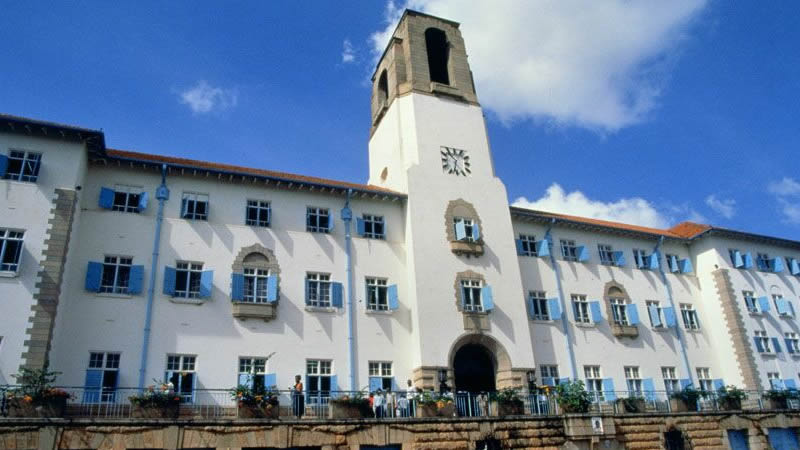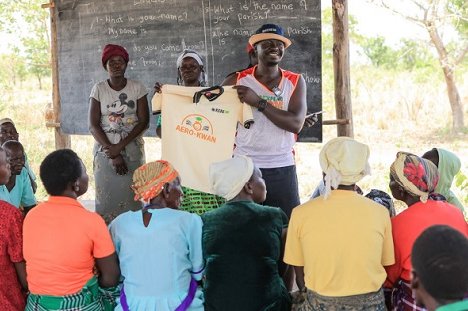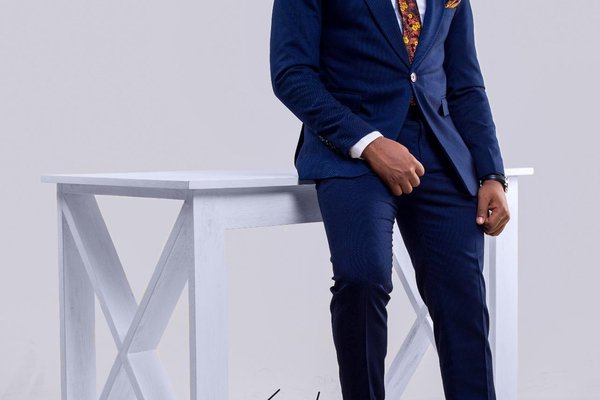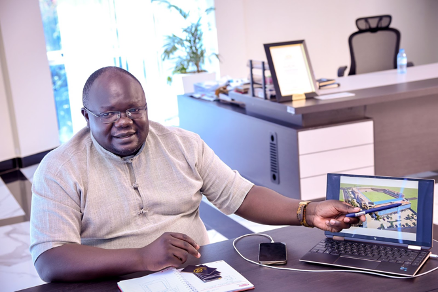By Claire Zerida Balungi
Dr. Margaret Blick Kigozi, popularly known as Maggie Kigozi, is acknowledged for her 13-year indelible role as Executive Director of Uganda Investment Authority. She is an inspiration across generations, a trailblazer in commerce and philanthropy, and without a doubt, one of Makerere’s outstanding successes. She is also the Chairperson of the Makerere Endowment Fund. She shares with us what her experience in these fields has been like.
Walk me through your student experience at Makerere University.
I was a student of Bachelor of Medicine and Bachelor of Surgery (MBcHB) from 1970. I graduated in 1976. I resided at Mary Stuart Hall in my first year, which was the only ladies’ hall at that time. Africa Hall opened in my second year and all the medical students were moved there because it was closer to Mulago; we would not have to walk so far.
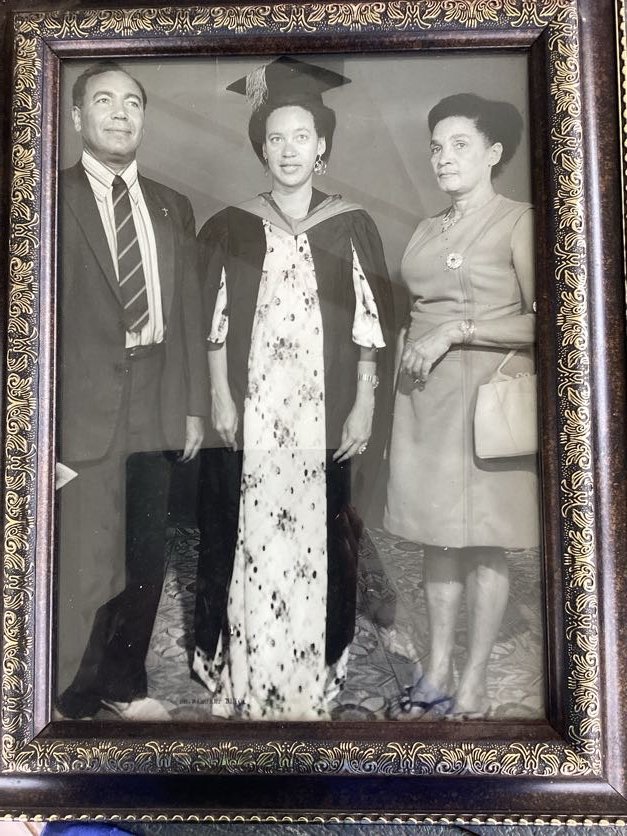
Dr. Margaret Kigozi together with her parents after graduating with a Bachelor of Medicine and Bachelor of Surgery (MBcHB) from Makerere University
What, about Makerere, gave you something to latch onto?
My medical degree meant I was employable anywhere in the world. I was also a sportswoman and went to the East African Games in Nairobi and Tanzania; to Ghana for the Africa University Games; and Russia for the World University Games. I represented Makerere in other sports in many different countries. I also have many friends from university. Makerere, many years later, gave me an associate professorship, I can call myself Prof. Dr. Maggie Kigozi.
Any fond memory you have of the campus?
Many! The canteen and the bookshop, which were tiny little buildings where the Kalimuzo Facility now stands. I’m so keen to develop the Student Centre to replicate the feeling students had then. I also miss the tennis courts. I was a tennis player. I also played table tennis in Lumumba and Africa Halls with my friends. I miss my sports teachers, Mr Mugisha and Mr McConnel.
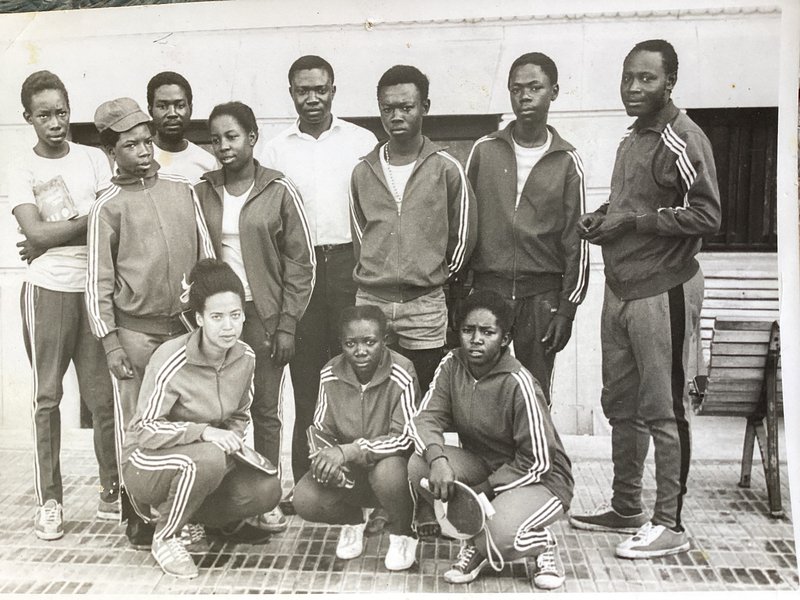
Dr. Margaret Kigozi (front left) as part of the university Tennis Team while at Makerere
You are an inspiring lady who has held big posts in the country. What has your career been like since you left the university and what have been some lessons you learned while on the job?
As a doctor, I worked in three countries: Zambia, Kenya and Uganda. I then moved to the private sector and then worked for the government for 11 years as the Executive Director (ED) of the Uganda Investment Authority (UIA) where we were trained very much by especially donors, and supported by the government. We trained in investment promotion and facilitation to understand what the private sector needed and then worked on improving the investment climate. Today, I’m on a bank board, Trademark Africa, where one needs corporate governance and a lot of training in that regard. I’ve learned a lot about banking and trade across borders from many other organizations whose boards I’ve been part of. I’ve also had the opportunity to work with three philanthropic funding institutions. One is the Shell Foundation in the United Kingdom - we raise funds to support transport and energy projects in poor countries. I have worked with the Africa Scouts Foundation (ASF). I am a scout and I’ve been chairing the ASF, raising funds for scouting activities in Africa. The most recent I’ve just joined is the Makerere Endowment Fund.
My message to young people is, “Yes, you can do anything!” I know you have to choose and do something at the university so I became a doctor but that did not limit me. I’ve since become a farmer and a feminist. I chair Akina Mama wa Africa, an Africa-wide feminist organisation that supports women on policy advocacy, leadership training et cetera. You are not stuck at any point. Make sure you are educated as education is critical because it opens your mind up to further learning and doing more research.
Of the posts you’ve held, which was more fulfilling and why?
Undoubtedly, working for the government as ED of the UIA was the most interesting and the most satisfying. I was attracting investors both domestic and foreign to Uganda. I was creating jobs and adding value to our products. There was so much. My primary mission was, and has always been, to support my country. UIA gave me the opportunity to contribute to Uganda’s development on a very big scale.
Tell us about a project you are very proud of.
Bidco Uganda Ltd (BUL). It grows oil palms on Kalangala Island and is now going to Buvuma Island. Farmers benefit as growers. The company processes the oil into cooking oil, and margarine— all these are produced locally in a Jinja factory and sold all over the country. A lot is exported to other countries. That’s one company I find that looks at the whole value chain and creates jobs across the entire line, including the trader who sells the margarine. Bidco wasn’t an easy project to bring on board. They needed land which is often challenging in Uganda, but we did get support from the World Bank.
Which particular post was most defining for you?
Scouting! I was never a scout as a child. Then, girls would be guides and not scouts. I did not find guides very exciting. My husband too was a scout. I’ve moved up from Treasurer of Uganda Scouts Association, to Chief Commissioner, to Chief Scout. I chaired the Africa Scout Foundation and now I’m a trustee of the organization. I have been given the Elephant Award from the World Organisation of the Scout Movement.
This too is very satisfying as I get to see young boys and girls disciplined in scouting commitment. There are millions of them all around the country and scouting does impact so many young people.
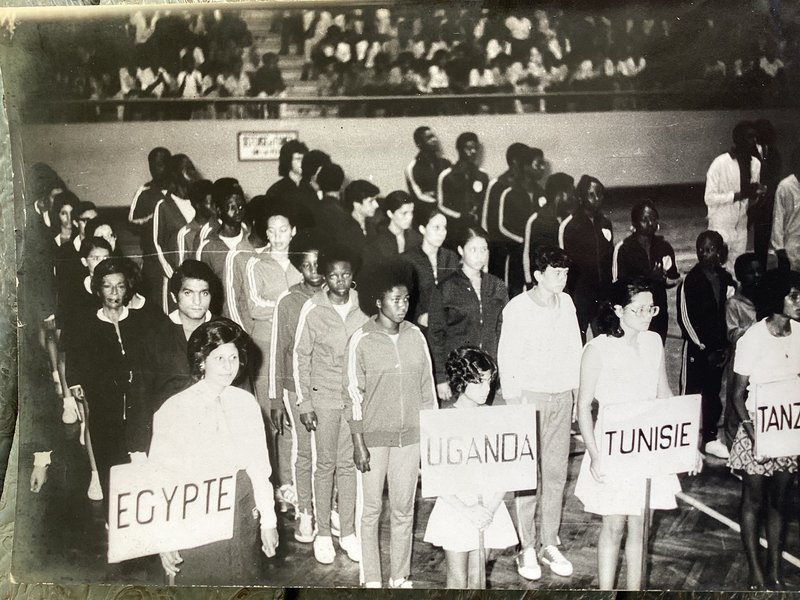
Dr. Kigozi (4th on the Ugandan team) in Ghana for the Africa University Games
What, to you, is the difference between young corporates and campusers during your time and now?
It was a totally different experience when I was in Makerere. We were very few. Of the 100 in our class, only 10 of us were girls. The gender issue was very obvious at the time. Today there are many women at the university. The ability to use Information technology (IT) now, which we did not have, makes a huge difference to the ability of today’s younger generation to study and learn differently. Today, students do not depend on the lecturer or get limited to the textbooks as we were. I see young people now who are global citizens. In my time, we had obvious jobs so when we were studying, I was going to be a doctor in the hospital—the government was going to employ me. We never thought beyond that. Your only job was to finish your work, get your degree and start working as soon as you were appointed. Now, we have over 65 universities all over the country and the numbers are almost impossible. Most probably, only a small percentage get jobs, the rest may have to consider self-employment. Your curricula have to include entrepreneurship, and Information Communication Technology in every department so that young people can create their own jobs.
What’s it like to be the mother of one of Uganda’s biggest artistes?
He’s very popular and that makes me very popular. I get on the road and slope to the taxi park and everyone recognises me as Navio’s mother, and people want to say hullo to me because of my son, not because of me.
You are a feminist and keen on women getting the support they need career-wise, family, in business. Where did your passion start?
First, I need to apologize to women that I joined the feminist movement very late. Because I was so loved by my own family, I was so comfortable. I had only four brothers and no sisters. Personally, I am very comfortable with men, I had not realised the circumstances until my feminist friends from Gayaza High School invited me to their meetings. I joined Akina Mama wa Africa. We work with women on women empowerment and women leadership. All these policies are changing because we as feminists are at the UN insisting on SDG 5. Gender must be included in all the SDGs. We also practice [feminist advocacy] through the African Union and these are passed through our Ugandan government where we lobby with UWOPA (Uganda Women's Parliament). But the men also have lives. They also don’t have to be mistreated, and we are making changes one by one, but there is still a lot to be done.
Who is your role model?
I have lived so long that many of my role models have passed. Very important for me was my father who was an engineer. My mother was very hard working so I picked that from her. When I joined business, Mr. [James] Mulwana was a real role model for me. I looked at what he did and duplicated it.
Related News
![]() Please join hands with the Makerere University Endowment Fund as it works towards attracting & retaining the best faculty, providing scholarships, and investing in cutting-edge research and technology.
Please join hands with the Makerere University Endowment Fund as it works towards attracting & retaining the best faculty, providing scholarships, and investing in cutting-edge research and technology.
